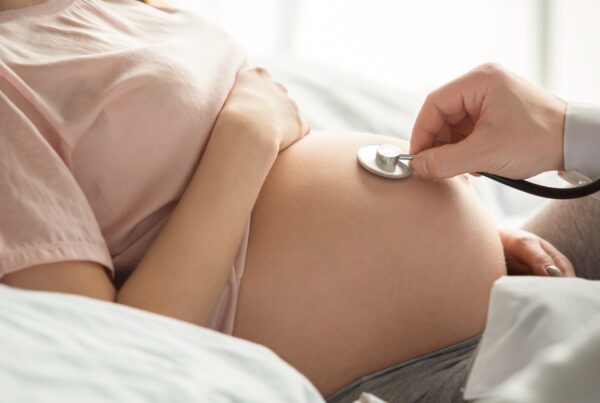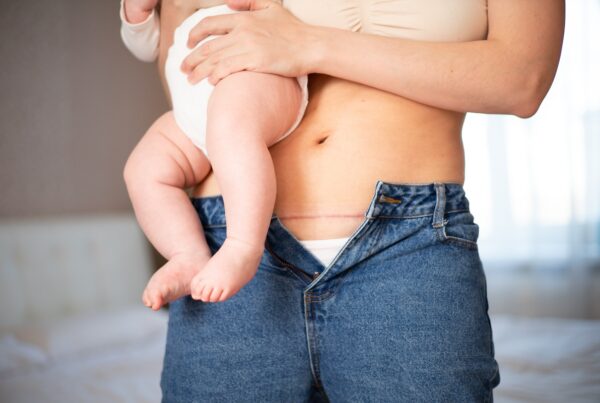Studies show that as many as 50% of women will suffer from pregnancy-related lower back pain. A third of these women will have to endure severe back pain. Because of the delicate nature of pregnancy, natural treatments are often recommended. Avoid non-steroidal anti-inflammatory drugs (NSAIDs) such as ibuprofen, which has been linked to heart defects in babies, particularly when taken during the third trimester.
What do you need to know about back pain during your pregnancy? How can you safely reduce the pain you feel?
Back Pain Is Normal
Firstly, it’s good to know that back pain while pregnant is absolutely normal for a variety of reasons: Your center of gravity has shifted, you’ve probably put on extra weight, and your posture might also have changed. Back pain can be troublesome because it can get in the way of your normal day-to-day routine. Finding ways to lessen the pain naturally is essential.
Stay Active
The Mayo Clinic recommends staying active is one of the best ways to alleviate dorsal pain. Strength exercises, walking, and swimming can be helpful. If your pain is severe, you may want to consult with a physical therapist about stretches you can perform. One of the easier exercises involves sitting on the ground comfortably with your legs stretched out in front of you. Reach out to touch your toes. Hold this position for a few seconds before rounding your back and coming back up. 10 repetitions at a time will help you stretch your lower back.
Massage and Hot/Cold Compresses

All throughout your pregnancy, a massage may be very welcome. Massages are well-known for being therapeutic and aiding blood flow. Having someone massage your back might be a source of relief. However, there is no clinical evidence to support this theory. Other treatments that may prove useful include the application of heat or cold presses. An ice pack might offer a cooling sensation over the aching area. Heat may also play a key role in reducing dorsal pain.
Keep Good Posture
Your center of gravity will shift as the pregnancy develops. You might be tempted to lean back but this will strain back muscles. By practicing good posture, you’ll help eliminate potential backache problems. Achieve good posture by standing straight up, chest held high, shoulders relaxed and knees unlocked. Maintain this good posture when you sit down as well. Use a small pillow to give you the support you need.
Pregnancy Belly Bands
Having support around your belly as you grow, can help ease some of the pressure from your lower back. With a wide range of pregnancy support belts and belly bands on the market, the choice is yours. Ensure that when you strap yourself it’s not uncomfortable and not too tight. Let the bands take some of the pressure. These can be particularly useful if you have to run errands and spend a bit of time on your feet.
Armed with these tips you’ll be able to navigate through your pregnancy and reduce dorsal pain as and when it appears.









